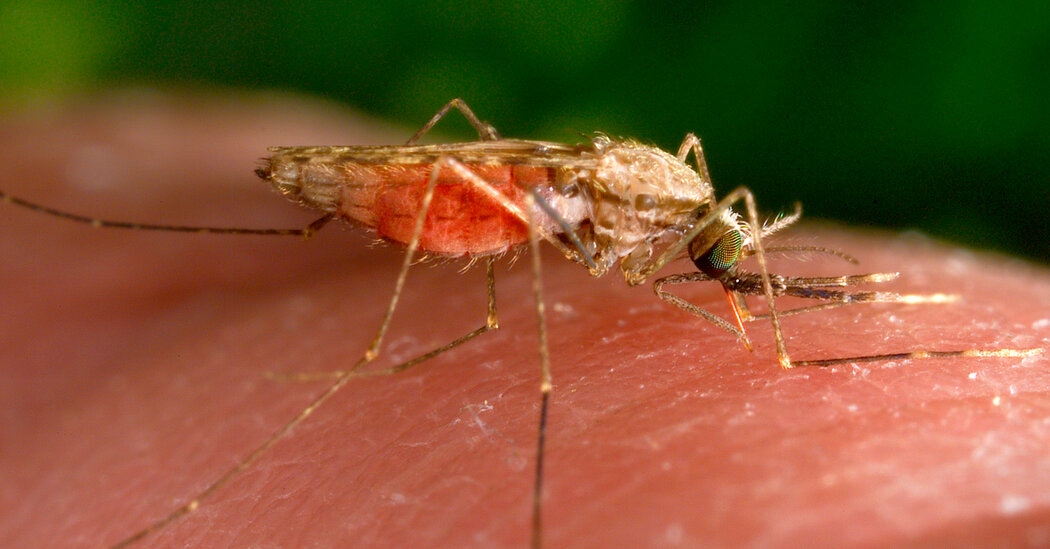Why It Matters: A resurgence in travel could lead to more cases.
The United States eradicated malaria decades ago, but globally there were nearly 250 million cases of malaria in 2021, a vast majority in Africa, according to the World Health Organization. Before the Covid-19 pandemic, about 2,000 cases of malaria were reported in the United States each year, nearly all of them in people who acquired the disease abroad, the C.D.C. said. (Pregnant women can transmit the parasites to their children, and the disease can also be spread through blood transfusions, although such incidents are rare in the United States, according to the C.D.C. The country typically sees one case related to transfusions every two years, the agency says.)
But when people who are infected in other countries return to the United States, local mosquitoes can feed on them and pass the parasites on. “Stuff like this happens,” Colin Carlson, a biologist at Georgetown University, said. “You expect that in a country that has achieved disease elimination: Every now and then you’ll have reintroductions, and a little bit of local transmission.”
Dr. Carlson said he did not think that the nation was on the verge of a major malaria outbreak. But as international travel ramps up this summer, the number of cases of imported malaria could increase, the C.D.C. noted.
Background: The role of climate change is unclear.
Malaria is most common in warm climates, and some Anopheles mosquitoes have already expanded their ranges in ways that are consistent with climate change, Dr. Carlson found in a recent study.
But it is difficult to say whether the new U.S. cases are linked to climate change. It is possible that weather conditions in the southern United States have become more conducive to malaria transmission, but the region was already warm enough for the disease to spread, Dr. Carlson noted.
Still, climate could be contributing to these cases in more nuanced ways, he said, perhaps by making the disease more prevalent in places where Americans are traveling. That could result in more imported cases, giving the parasites more opportunities to spread within the United States.
“If travelers are returning from places that are at the front lines of climate impacts, there’s just going to be more chances for malaria transmission to take off,” Dr. Carlson said. “We live in a connected world, and climate change impacts in other countries can be health problems in our country.”
What’s Next: Officials will monitor for more cases.
The C.D.C. is working with state health authorities to investigate the new cases. Officials are actively monitoring for more potential cases and working to control local mosquito populations, the agency said.
People can protect themselves by using insect repellent, wearing long pants and long sleeves, and using window screens, among other precautions. Those who have plans to travel should research the risk of malaria in their destinations and talk to their doctors about preventive measures, the C.D.C. said.




